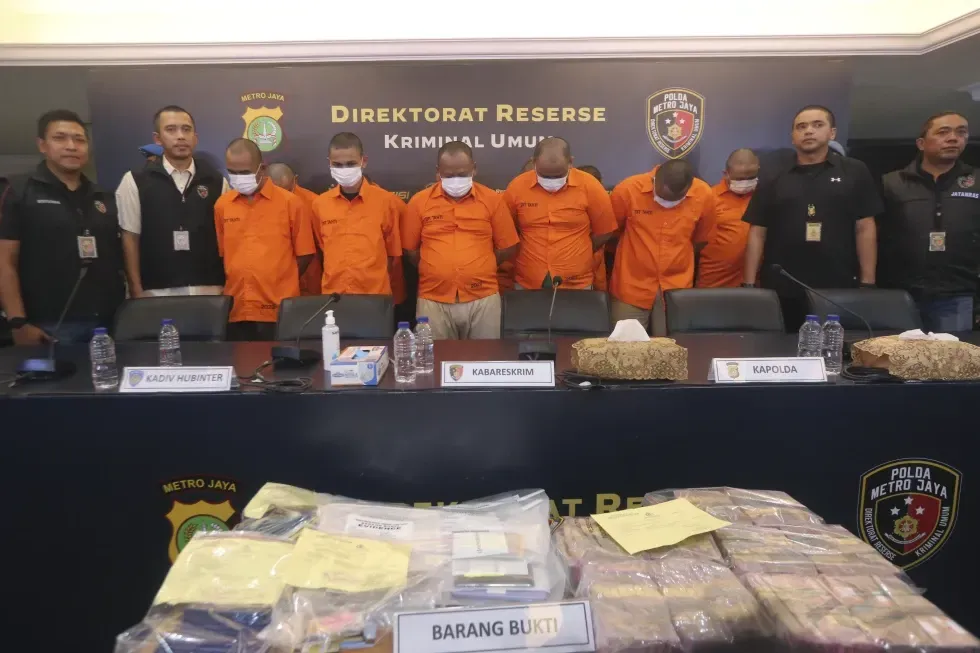July 27, 2023 || Tongsan Media Group ||
Indonesian police have busted a smuggling gang that is sending people who want to sell kidneys to Cambodia. The case is quite high-profile, and Indonesian police announced on July 25 that some police and immigration officials may be helping the human body part smugglers.
Now, the police have arrested 12 people smuggling gangs spread across Cambodia and Indonesia. The police believe that the gang arranged for at least 122 Indonesian citizens who wanted to sell their kidneys to a hospital in Cambodia to be operated on due to the financial crisis.
The head of Jakarta Police’s Anti-Crime Department, Hanke Hayadi, said that the 122 currently listed are factory workers, He said that teachers and even the executive levels of some businesses are involved. All of them are now back in Indonesia. The police are also investigating whether there are still people who sold kidneys in connection with another human trafficking.
Everyone who sold a kidney was the type of person who lost their job due to the economic crisis during the epidemic. Hayadi said that when he was in desperate need of money, he fell into the ring of organized gangs of people smugglers. Six of them underwent surgery not too long ago and are still under the observation of doctors.
Police said 9 of the 12 arrested were involved in human trafficking through social media, targeting financially strapped people across Indonesia. Another suspect is often responsible for transporting them to Prakat Melira Hospital in Phnom Penh, Cambodia’s capital.
It is also reported that the traffickers often lured their victims with the promise of $9,000 for selling a kidney. Police estimate that the gang, which is believed to have been operating since 2019, has made as much as $1.6 million through the black market of human organs. Those charged under Indonesia’s anti-trafficking laws face a maximum of 15 years in prison and a fine of up to 600 million rupiah, the equivalent of about $39,000, if convicted.
The World Health Organization (WHO) banned the payment of money for human body parts in 1987, and most countries around the world have adopted it as law. According to WHO’s estimate, 5 percent of all organ transplants performed worldwide were illegal; Or things that are inconsistent with ethics.
Source: People’s Spring
Translated: Tongsan Admin Team
Hits: 6
